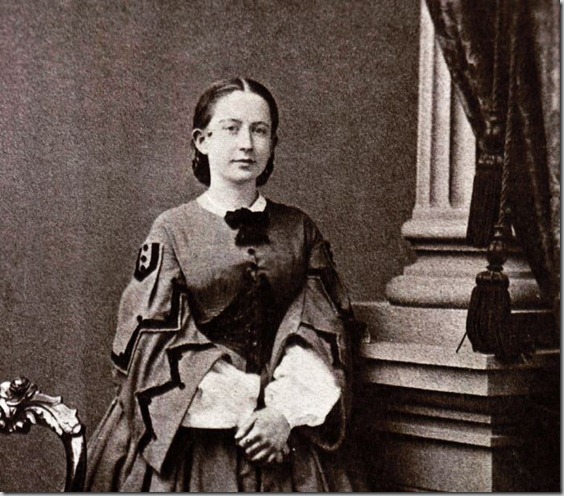September 20. — Commander George Henry Preble, senior officer in command of the blockading squadron off Mobile, having permitted the steamer Oreto to run the blockade, was this day dismissed the naval service of the United States. — The correspondence between General Butler and General Phelps relative to the contraband negro question in Louisiana, was this day made public by General Phelps.
—Yesterday a skirmish occurred near Owensboro, Ky., between a force of Union troops under the command of Colonel Netter, and a large body of rebel guerrillas. At the first fire Colonel Netter was killed, when the Nationals retired, permitting the rebels to ride through and through the town. To-day the guerrillas were attacked near the town by about four hundred and fifty of the Spencer (Ind.) home guards, under the command of Lieutenant-Colonel Wood, First Indiana cavalry, and routed with great loss. The home guard had two men killed and eighteen wounded.
—A fight took place near Shirley’s Ford, Spring River, Mo., between the Third Indiana regiment, Colonel Ritchie, and a force of about six hundred rebels, among whom were some eighty or ninety Cherokee Indians, resulting in a rout of the latter with a loss of sixty or seventy killed and wounded.—St. Joseph’s Journal.
—Last night a rebel force consisting of Stuart’s cavalry and the Hampton Legion, with one regiment of infantry and seventeen pieces of artillery, crossed the Potomac at Williamsport, Maryland, and occupied that town; but, to-day, ascertaining that a strong Union force under General Couch was approaching, they drew in their pickets and safely recrossed into Virginia. The rebel troops committed no improprieties while they occupied the town, beyond forcing the citizens to open their stores and sell their goods for confederate money.
—A fight took place at Blackford’s Ford between a body of Union troops under the command of General Sykes, and a numerically much superior force of rebels, resulting in the retreat of the Unionists, who retired in good order across the Potomac.—(Doc. 210.)
—The United States ram Queen of the West, under the command of Lieutenant-Colonel Lippincott, with two transports laden with troops, while on a reconnoitring expedition on the Mississippi River, were fired into at Prentiss, Miss., by a band of rebel guerrillas, killing two and wounding eight. Lieutenant-Colonel Lippincott, with one hundred men of the Thirty-third Illinois infantry, immediately landed and burned the town.







